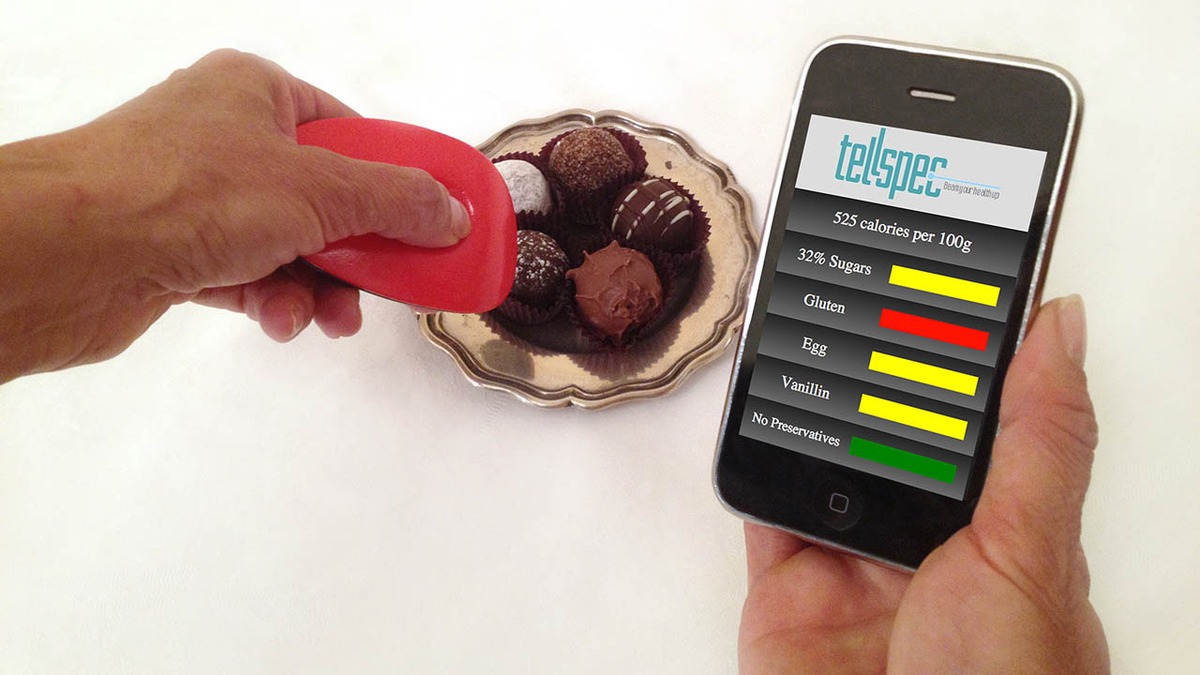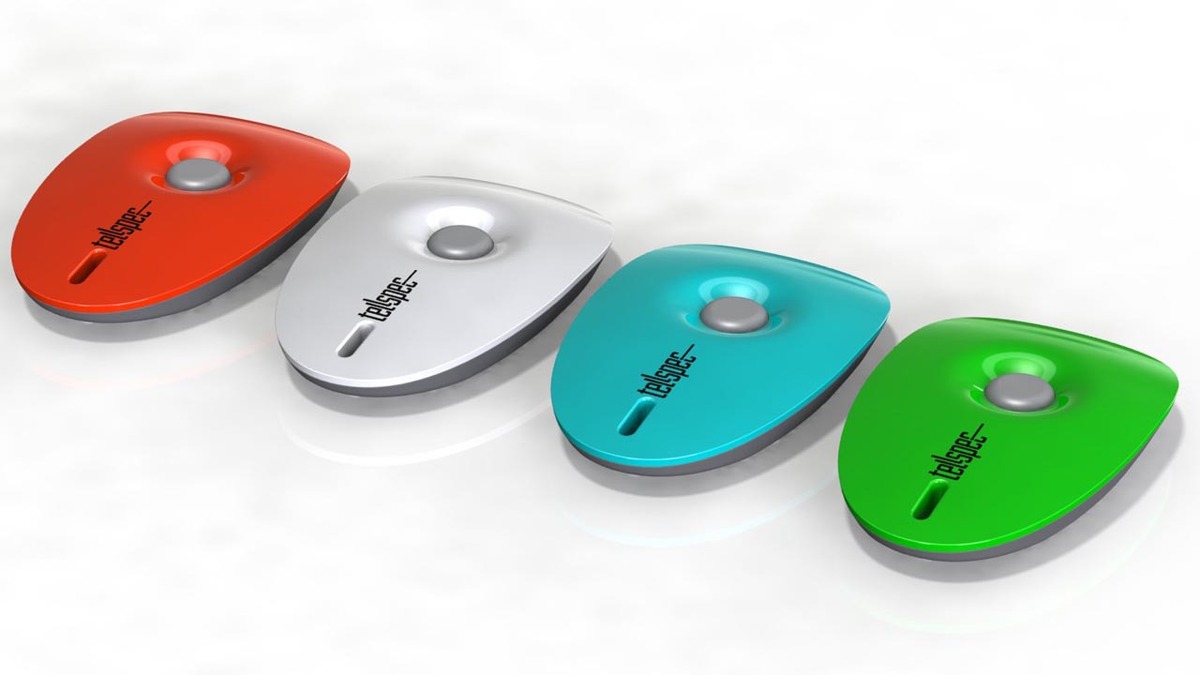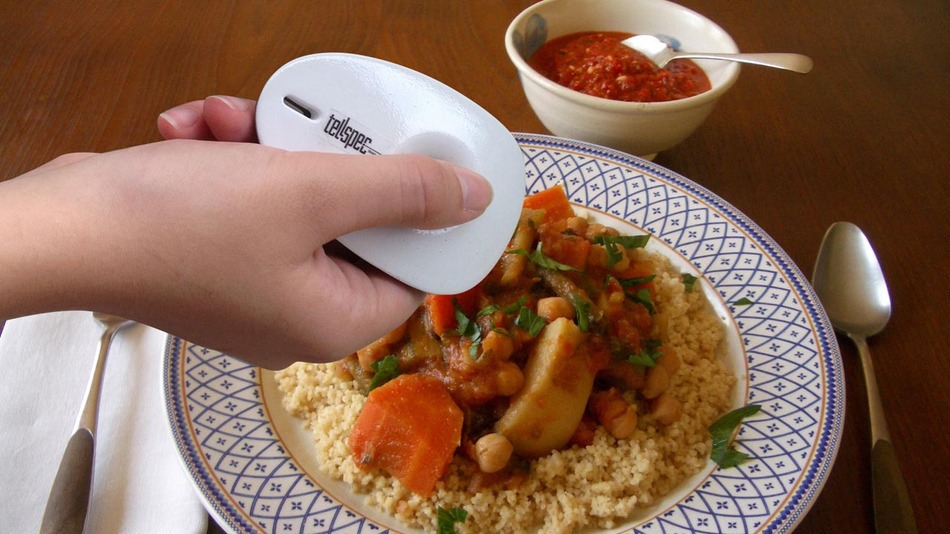This Futuristic Sounding Device Could Keep You Healthy and Save Your Life [VIDEO]
Nov 27, 2013 19:58

Isabel Hoffman created a handheld tool to help people understand their environments and the foods they're consuming and how they affect the body. Her device might just save your life, one day.
The story of how she got to that is pretty fascinating, and scary. Her daughter fell sick after the family moved to the U.S. from Europe. No doctor could determine what was causing her hives, low blood pressure, tremors and light sensitivity.
She then met Dr. Neil Nathan of Gordon Medical Associates in Santa Rosa, Calif., who'd written a book called, On Hope and Healing: For Those Who Have Fallen Through the Medical Cracks.
Dr. Nathan diagnosed Hoffmann's daughter with mold toxicity, likely Aspergillus Penicillium. It causes a severe allergic reaction and sensitivity to gluten, dioxins and other allergens.
Hoffman went home to discover that their home had high doses of Aspergillus and Penicillium mold in the bedroom. After moving to a new mold-free environment and a new diet, Hoffman's daughter is now all cured.
The tool she created with business partner Stephen Watson, is called TellSpec, a spectrometer that can parse the ingredients of whatever you point it at and beam this information to an accompanying smartphone app.

This tool, "should be able to point at food and tell what food it is — if it has gluten, if it has dioxins — or point at the wall to see if the wall has mold and, if so, what kind. Point at the air we breathe and see if it has pollution, and so on," says Hoffmann.
Scanning foods with TellSpec will uncover the hidden ingredients and tip you to any potential health issues it may cause. TellSpec can also log your symptoms after scanning food to determine what the culprit ingredient you're having a reaction to might be.
"If you report to us that every time you have some milk product, you have digestive problems, we'll probably tell you, 'It looks like you may be lactose intolerant, please speak with your nutritionist or doctor to confirm this.' We're not diagnosing, we are just guiding," says Hoffmann.
"We eat so badly, because we don't know. We don't have the time to really investigate," says Hoffmann. "So, when TellSpec says, 'We found tartrazine (Yellow No. 5) in your food, it’s a yellow food dye that's forbidden in China and a lot of Europe,' you'll wonder 'What the heck is that yellow color doing in my corn chips?' It's there to make it look beautiful and more yellow. But come on, I think our health is more important than that."

TellSpec was funded on Indiegogo, and it far exceeded its $100,000 goal (currently at $218,000, with five days remaining). It is useful for people with allergies and people with diabetics too. The bigger idea for TellSpec is the industry of big data for food.
Hoffman plans to build a database of food information that could put a bud into potential epidemics.
Sounds like a device everyone needs. "We have to stop the world from killing itself," says Hoffmann, who's banking on the knowledge gleaned from TellSpec's data to keep us alive and well.







































































